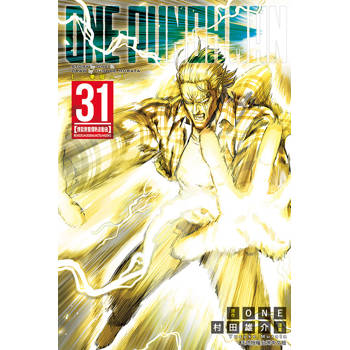Two works in one, this volume contains the full text of With Her in Ourland by Charlotte Perkins Gilman, as well as an illuminating sociological analysis by Mary Jo Deegan with the assistance of Michael R. Hill. Ourland is the sequel to Gilman’s acclaimed feminist utopian novel Herland; both were published in her journal, The Forerunner, in 1915 and 1916. Ourland resumes the adventures of IHerland R’s protagonists, Ellador and Van, but turns from utopian fantasy to a challenging analysis of contemporary social fissures in his land, or the real world. The republication of Herland as a separate novel in 1979 revived critical interest in Gilman’s work but truncated the larger aims implicit in the IHerland/Ourland R saga, leaving an erroneous understanding of Gilman’s other/better half of the story, in which it is suggested that strong women can resocialize men to be nurturant and cooperative. Gilman’s choice of a sexually integrated society in With Her in Ourland provides us with her answer to her ideal society, but her foray into a woman-only society as a corrective to a male dominated one is a controversial option. The challenging message of Ourland, however, does not impede the pleasure of reading it as a novel.
Though known more for her fiction today, Gilman in her time was a recognized and accomplished sociologist who admired Lester F. Ward and frequently visited Jane Addams of Chicago’s Hull-House. The male protagonist in Herland/Ourland, Van, is a sociologist, used by Gilman as a foil on which to skewer the assumptions and practices of patriarchal sociology. The interpretation presented here, which adopts a sociological viewpoint, is invaluable reading for scholars and students of sociology, American women’s studies, and utopian literature.| FindBook |
有 1 項符合
With Her in Ourland的圖書 |
 |
With Her in Ourland 作者:Gilman 出版社:Praeger 出版日期:1997-06-25 語言:英文 規格:精裝 / 216頁 / 24.4 x 16.3 x 2 cm / 普通級/ 初版 |
| 圖書館借閱 |
| 國家圖書館 | 全國圖書書目資訊網 | 國立公共資訊圖書館 | 電子書服務平台 | MetaCat 跨館整合查詢 |
| 臺北市立圖書館 | 新北市立圖書館 | 基隆市公共圖書館 | 桃園市立圖書館 | 新竹縣公共圖書館 |
| 苗栗縣立圖書館 | 臺中市立圖書館 | 彰化縣公共圖書館 | 南投縣文化局 | 雲林縣公共圖書館 |
| 嘉義縣圖書館 | 臺南市立圖書館 | 高雄市立圖書館 | 屏東縣公共圖書館 | 宜蘭縣公共圖書館 |
| 花蓮縣文化局 | 臺東縣文化處 |
|
|
內容簡介
作者簡介
CHARLOTTE PERKINS GILMAN (1860-1935) was an eminent feminist sociologist and novelist, perhaps best known professionally for Women in Economics (1898, repr. 1966) and, as a fiction writer, for her semiautobiographical novella, The Yellow Wallpaper (1892, repr. 1973).
MARY JO DEEGAN is Professor of Sociology at the University of Nebraska-Lincoln. Among her earlier publications are Jane Addams and the Men of the Chicago School, 1892-1918, Women in Sociology: A Bio-Bibliographical Sourcebook (Greenwood, 1991) and American Ritual Drama (Greenwood, 1989).
MICHAEL R. HILL is an interdisciplinary social scientist from the University of Nebraska-Lincoln and Iowa Western Community College. He is author of Archival Strategies and Techniques (1993), editor of Harnet Martineau’s How to Observe Morals and Manners (1989), and coeditor, with Mary Jo Deegan, of Women and Symbolic Interaction (1987).
|










